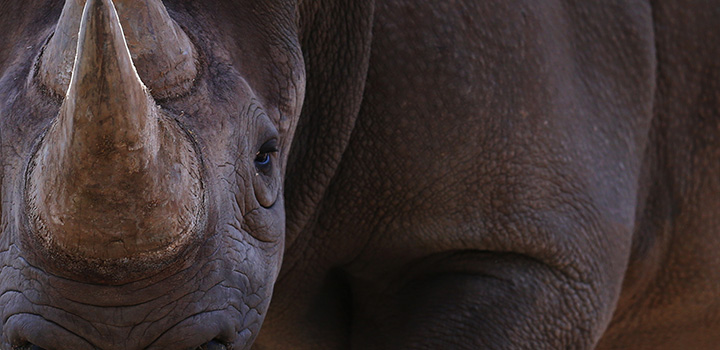Limiting global warming to 1.5oC would save the vast majority of the world's plant and animal species from climate change according to new research led by the University of East Anglia.
A new report published today in Science reveals that limiting warming to the ultimate goal of the Paris Agreement would avoid half the risks assoCiated with warming of 2oC for plants and animals, and two thirds of the risks for insects.
Species across the globe would benefit but particularly those in Southern Africa, the Amazon, Europe and Australia.
Reducing the risk to insects is particularly important, the team say, because they are so vital for 'ecosystem services' such as pollinating crops and flowers, and being part of the food chain for other birds and animals.
Previous research focused on quantifying the benefits of limiting warming to 2oC above pre-industrial times the upper limit for temperature as set out in the Paris Agreement and did not look at insects.
This is the first study to explore how limiting warming to 1.5oC would benefit species globally.
Researchers at UEA and James Cook University in Australia studied some 115,000 species including 31,000 insects, 8,000 birds, 1,700 mammals, 1,800 reptiles, 1,000 amphibians and 71,000 plants in this, the largest scale study of its kind.
Researchers found that achieving the ultimate goal of the Paris Agreement, to limit warming to 1.5oC above pre-industrial levels, would reap enormous benefits for biodiversity much more so than limiting warming to 2oC.
Insects are particularly sensitive to climate change. At 2oC warming, 18 per cent of the 31,000 insects we studied are projected to lose more than half their range.
This is reduced to 6 per cent at 1.5oC. But even at 1.5oC, some species lose larger proportions of their range.
The current global warming trajectory, if countries meet their international pledges to reduce CO2, is around 3oC. In this case, almost 50 per cent of insects would lose half their range.
This is really important because insects are vital to ecosystems and for humans. They pollinate crops and flowers, they provide food for higher-level organisms, they break down detritus, they maintain a balance in ecosystems by eating the leaves of plants, and they help recycle nutrients in the soil.
If temperatures rise by 3oC, ecosystem services provided by insects would be greatly reduced. Other research has already shown that insects are already in decline for other reasons, and this research shows that climate change would really compound the problem.
If warming is limited to 1.5oC by 2100 then more species can keep up or even gain in range, whereas if warming reached 2oC by 2100 many species cannot keep up and far more species lose large parts of their range.
